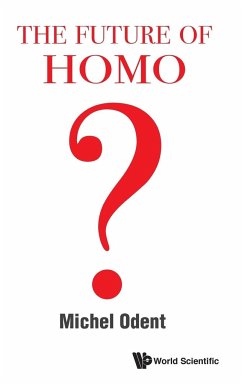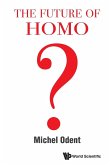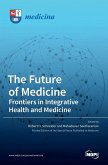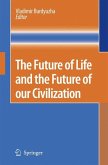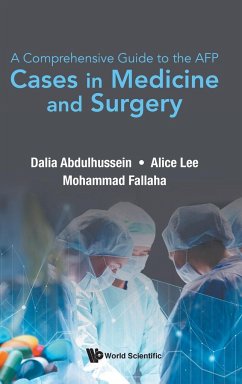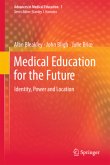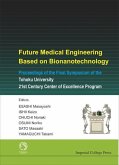Since the advent of "ecological awareness" in the 1970s, Michel Odent has continuously claimed that it is commonplace to anticipate the effects of human activities on the ecosystems without considering the probable transformations of Homo induced by multiple aspects of modern lifestyle. In 1979, in "Genèse de l'homme écologique", he raised questions such as: "How does respect for Mother Earth develop?" It is significant that, forty years later, a Paris publisher suddenly took the initiative to present a 2019 edition. Today the chosen "springboard" for "The Future of Homo" is, once more, the perinatal period, the critical phase of human development that has been radically transformed over some decades. Present-day questions are raised about "birth preparation", a little-known phase of physiological changes in late pregnancy: the importance of the topic is perceptible at a time when widespread medical practices, namely labour induction and prelabour caesarean sections, are powerful interferences. The book offers an antithesis to countless published documents about "natural childbirth". It is challenging the dominant ways of thinking through radically new ways of interpreting the physiological processes. More than ever, Michel Odent is pushing the explorers of the future to consider the probable transformations of Homo as a central and necessary issue. The matter is enlarged with considerations about long-term thinking, the "future of futurology" and "the evolution of evolutionary thinking". The endpoint of the book is related to the limits of the domination of nature: how can childbirth be desocialised?
Hinweis: Dieser Artikel kann nur an eine deutsche Lieferadresse ausgeliefert werden.
Hinweis: Dieser Artikel kann nur an eine deutsche Lieferadresse ausgeliefert werden.

